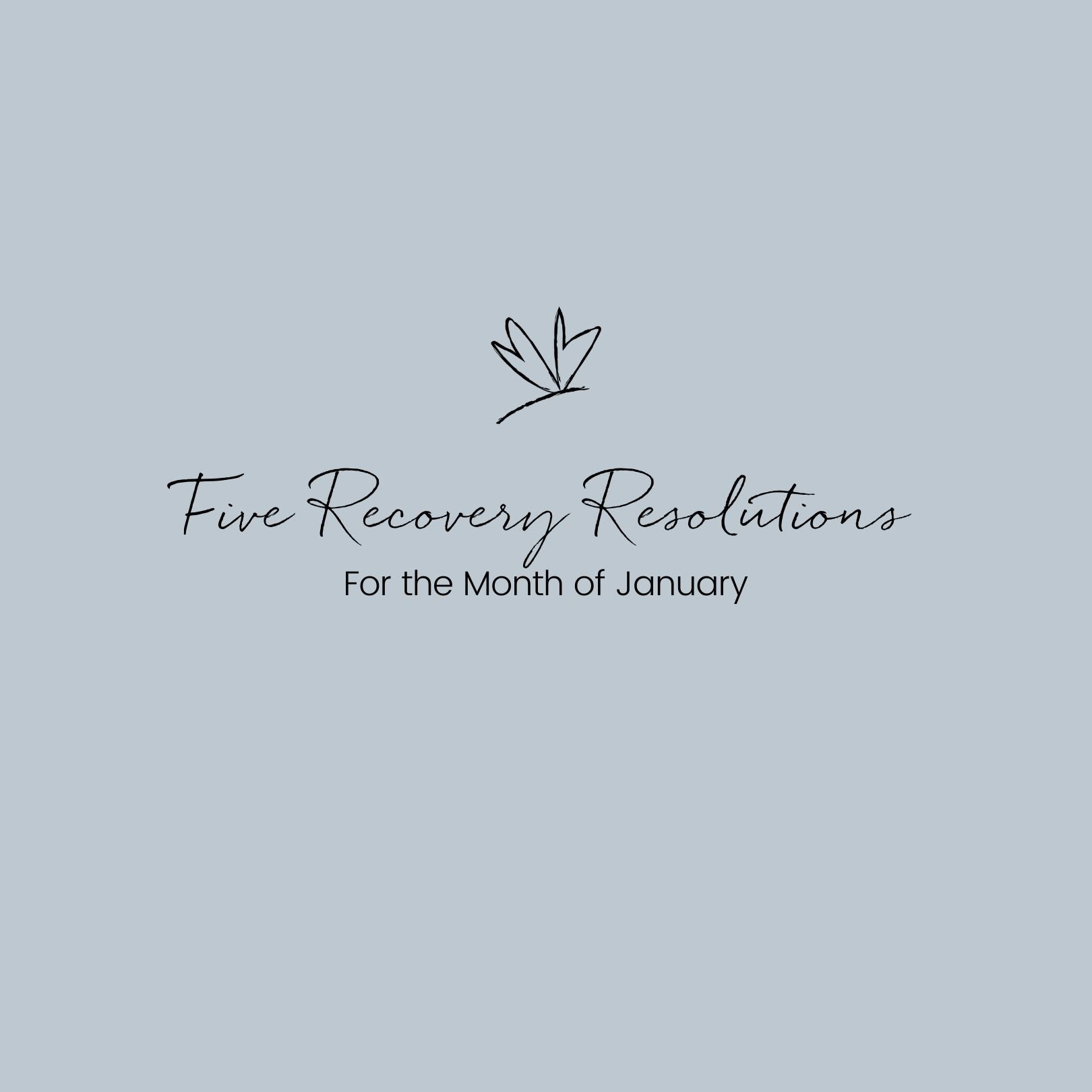Should I weigh my patient?
“I’m at a loss as to what to do for the best, concerning my 32 year old female patient. She’s battling anorexia, and while she’s on a waiting list for CBT, we’re seeing her weekly at our GP practice.
 “As a nurse I feel I have duty-of-care demands on me, so tracking weight seems one way to do it, but should I avoid telling the patient the number on the scales?”.“All it feels we can do is to weigh her, but I’m not even sure if that is the right thing. I’ve read that weighing can be triggering for the person – whether they go up or down on the scales.
“As a nurse I feel I have duty-of-care demands on me, so tracking weight seems one way to do it, but should I avoid telling the patient the number on the scales?”.“All it feels we can do is to weigh her, but I’m not even sure if that is the right thing. I’ve read that weighing can be triggering for the person – whether they go up or down on the scales.
This query reflects something which leaves nurses and doctors all over the globe confused and unsupported.
Weighing weekly ‘within the community’ is still seen as standard where a person is recognised as experiencing an eating disorder, and is either getting ‘light touch’ support, or is waiting for some element of more focused therapy, or in-patient help.
Despite this remaining the ‘norm’ in clinical environments, it is increasingly being seen by those with lived experience, and more specialist knowledge, that recovery will always be difficult if this approach to tracking is played out in the surgery every seven days.
A person fighting their mental health issue will – most likely – feel neither satisfied with weight gain, nor with loss. The usual response on hearing a figure, is therefore to restrict or further ‘beat it’ in time for the next week. It sets a new benchmark around which to inform the next seven days of eating.
So what’s the answer?
Some believe that blind weighing is by far a better option, so as not to let the patient know the figure. This still allows for a practitioner to feel they are ‘continuing to record’ metrics around that person’s health.
But we could go further altogether and argue ‘is the weight and the BMI too much of a fixation anyway?’. We know that an eating disorder is about so much more than what the scales say.
Someone can look a certain way, be in a particular sized body, but still be restricting and still in a state of mental hunger. We have to stop getting hung up on what the numbers are.
This is why, from a nurse practitioner perspective, it should become so much more of a priority to ensure your appointment time discusses that person’s mindset, their thoughts about food that week, their mood, their behaviours around exercise and self-care.
This isn’t a definitive answer for any practitioner, but please consider the validity of weighing alone.
We’d love views from practitioners out there, and from people who have found themselves being routinely weighed.
- Sep 2019





